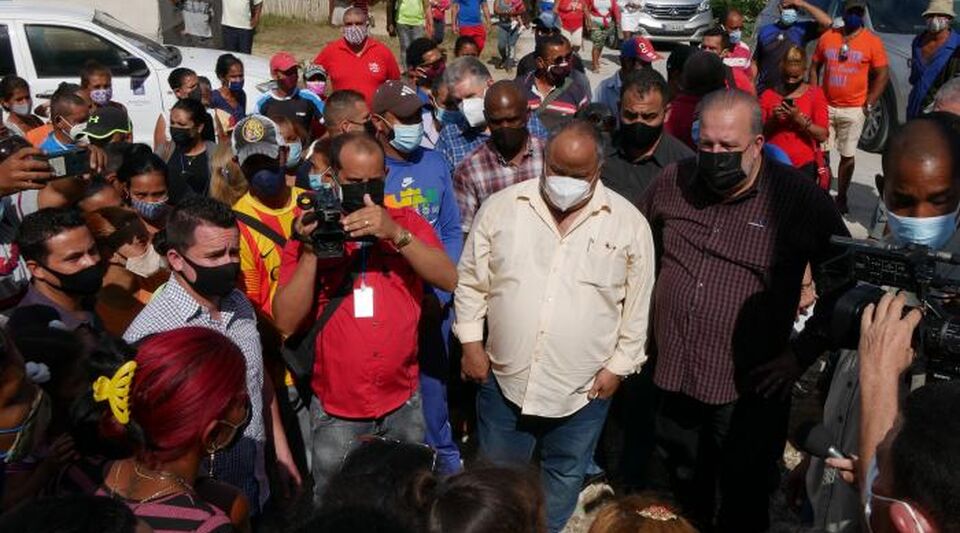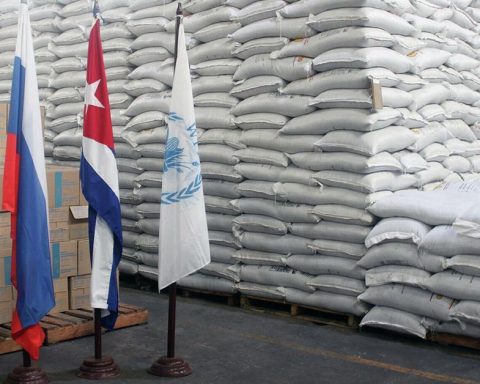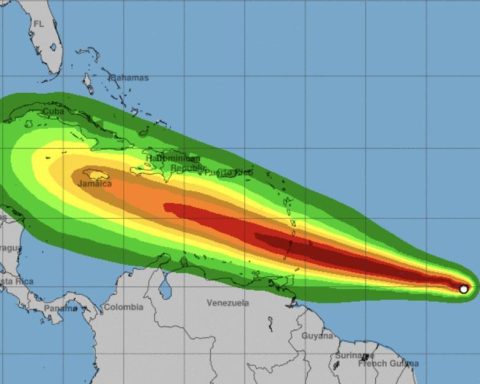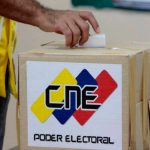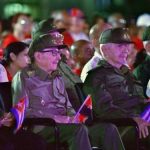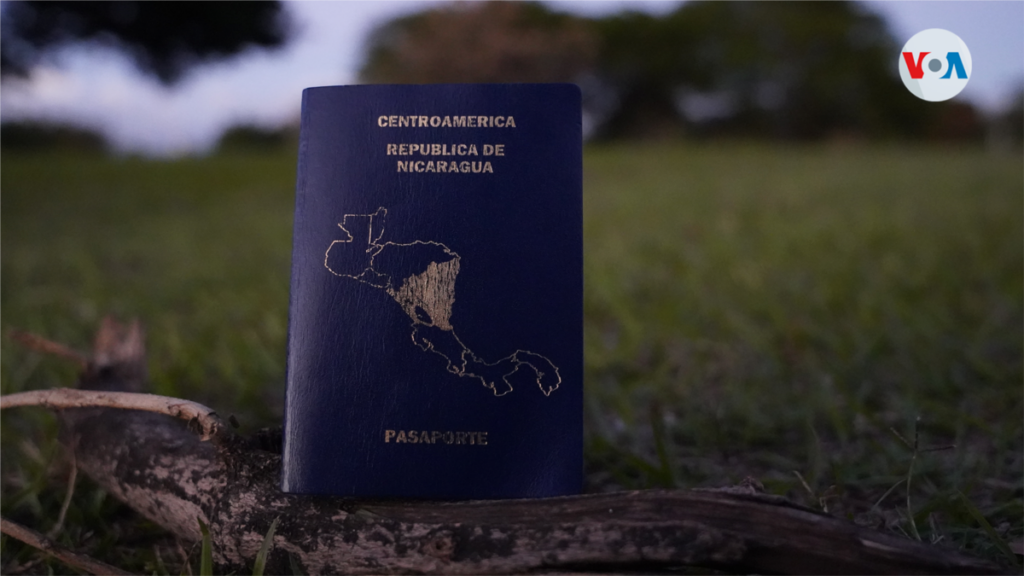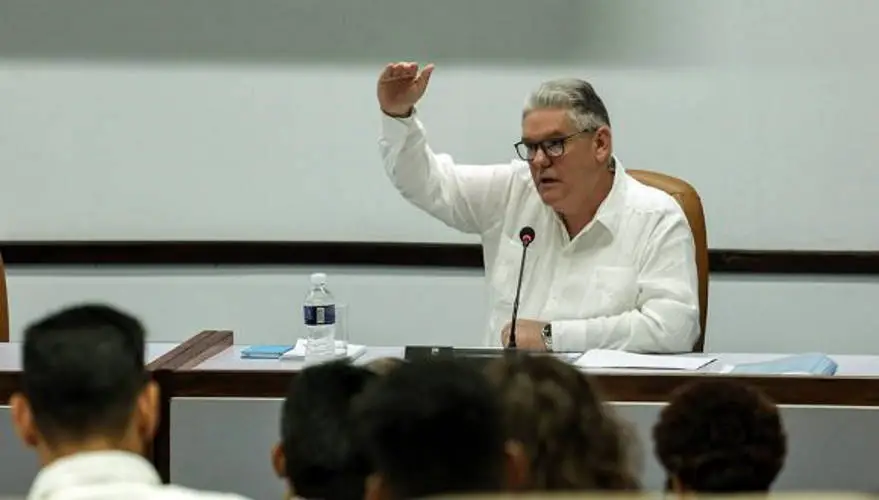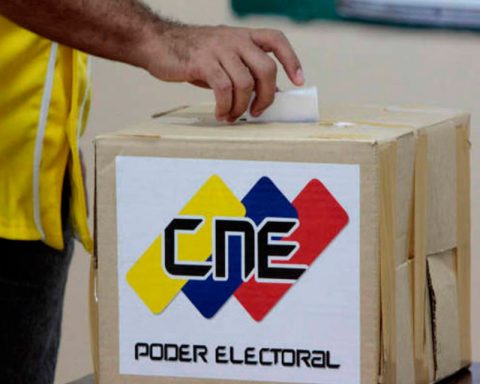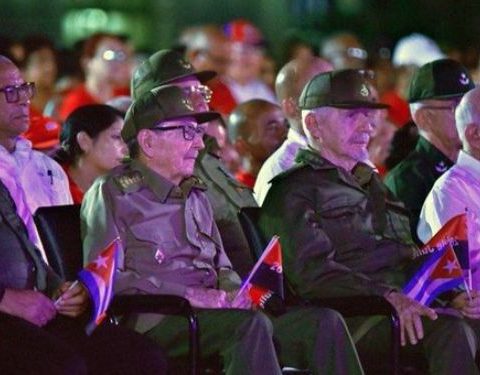Some of the country’s top leaders met this Wednesday to verify evidence: the indicators of the economy are bad. Reason? Seizure. Forecasts? The same, grow at 3%. Solutions? “Organize a government in the street”. That was one of the suggestions of the Prime Minister, Manuel Marrero, who thus synthesized his call to “join all the collective intelligence and achieve unity to find a solution to the purposes” (sic).
Although Marrero urged “to change things”, if the meeting was characterized by something, it was the mentions of the usual, among them the stubbornness of Alejandro Gil, Minister of Economy and Planning, who after maintaining his projections of tourism until October itself, when the numbers were clearly irreversible, this year he does not plan to change the growth forecast either, which in December 2022 was calculated at 3%. The calamitous data of 2022 could help you, in this case, to get it right. Or not, precisely like tourism.
They will bet on this sector again, both leaders said at yesterday’s meeting, although the priority will be “advancing in the macroeconomic stabilization of the country”, a section to which he dedicated abundant words that did not clarify too much.
Added to these vagueness is something more concrete: the creation of a new company law and tax incentives for those who want to import, but the “socialist company” will remain as the main actor.
The plan will include, he said, a “fiscal reform, the recovery of the monetary balance, macroeconomic planning and coordination, the development of markets and monetary-commercial relations, the increase in the entry of foreign currency, the de-dollarization and the convertibility of the national currency and the mitigation of social impacts”. Paraphrasing Marrero, these are purposes, not solutions.
Added Gil, something more concrete is added to these vaguenesses: the creation of a new company law and tax incentives for those who want to import, but the “socialist company” will remain, as always, as the main actor in the production of goods. and services. From what was said at yesterday’s meeting, it is intuited that the private sector will continue to be conceived, even when control over it seems evident, to support the state.
Among the ills that afflict the country, Gil mentioned the partial dollarization between companies and between them and the non-state sector, inflation, centralized access to foreign currency for exporters, the lack of “effective insertion” of private companies -for the that they plan to create an Institute and a General Directorate– and the poor results of the state business sector which, despite the diagnosis, they insist on privileging.
But these poor results were not attributed by Marrero to a sector or inefficient measures, but, once again, to external agents. “We cannot stop acknowledging, saying and denouncing that, among all the impacts that have led to the situation in the country, the blockade has a defining impact,” he protested. And his regret was followed by Gil’s who, in addition to the embargo, cited the pandemic as the cause of the lack of foreign currency.
In the midst of the hackneyed speech, there was no shortage of the diversion of responsibilities in inflation. The Minister of Economy said that the prices are abusive and have a direct impact on the population, but there is no evidence that a single decision has been made in the country to put a stop to it.
The Minister of Economy said that the prices are abusive and have a direct impact on the population, but there is no record that a single decision has been made in the country to put a stop to it.
While dozens of countries affected by inflation rates infinitely lower than those of Cuba – where food already costs 73% more than a year ago, without taking into account the most real informal market – have been testing different types of measures to control prices for months , the heads of the Island limit themselves to mentioning the problem as if it were a natural force.
One of the possible materializations of the diffuse words of Marrero and Gil is the “experiment” -as refers to the measure the provincial newspaper Vanguard- which will be carried out in six state-owned companies in Villa Clara. to which foreign currency will be sold at a rate of 1 dollar for 120 pesos to buy inputs and raw materials for the manufacture of products that will be marketed in national currency.
It will be a privilege because, although before the rate was officially 1:24, the possibility of obtaining foreign currency was almost nil through legal channels. At the moment, the concession is for the Porcine Company of Villa Clara (700,000 dollars); the Fisheries of Caibarién and Villa Clara, Pescavilla, (500,000); the National Industry Producer of Domestic Utensils May 1st (700,000), and the Luis Turcios Lima Textile Company (200,000).
With these approved amounts, the entities must increase their production of meat, fish, pots or blankets, as the case may be, all of which are scarce in the country. Lastly, Ciclos Minerva also has a quantity allocated or in process, since it has not been indicated.
“This is one of the ideas aimed at making 2023 a better year, satisfying the needs of the people and combating the scourge of inflation through the production of goods and services, which is the most feasible economic mechanism,” said the governor of the province, Alberto López Díaz.
________________________
Collaborate with our work:
The team of 14ymedio He is committed to doing serious journalism that reflects the reality of deep Cuba. Thank you for accompanying us on this long road. We invite you to continue supporting us, but this time becoming a member of our newspaper. Together we can continue transforming journalism in Cuba.
